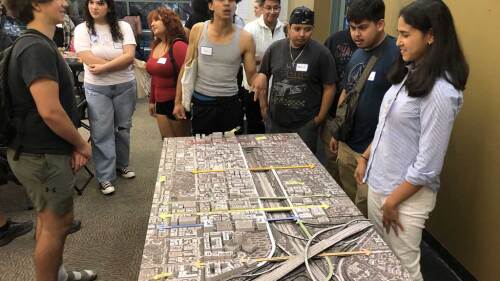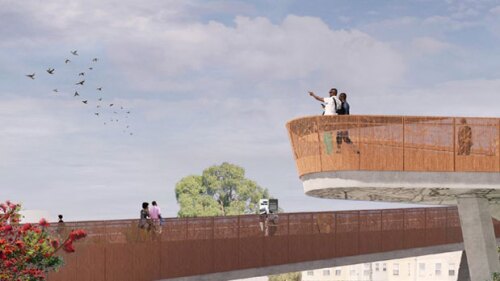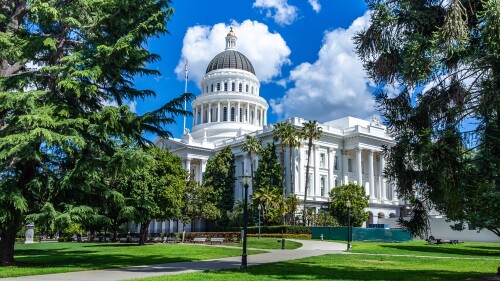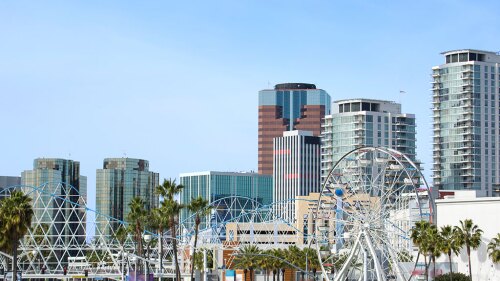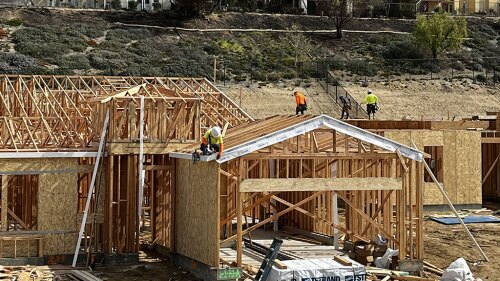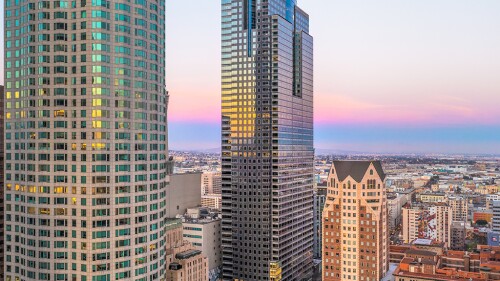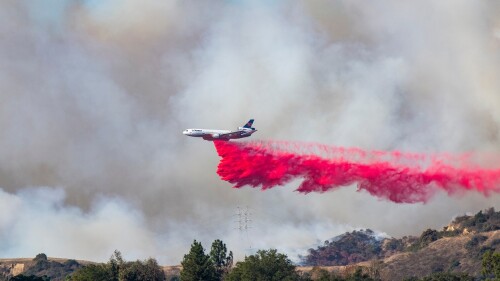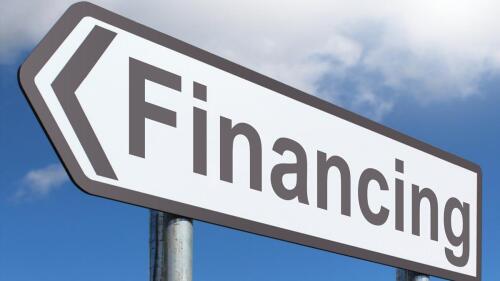Los Angeles
McCoy, a pioneering investment banker and widely respected real estate counselor, died on January 25, 2026, at age 88.
Better Angels, a nonprofit tackling Los Angeles homelessness, is working to deliver dignified affordable housing in one third of the time and cost of conventional loans. Eviction-preventing microloans and tech tools empower outreach workers.
The opportunity to plan and design more than 50 acres of inner-city urban development in any city is significant, but in Pasadena, California, it is a possible inflection point in the city’s history, an opportunity to redress past mistakes, and to set the stage for future generations to benefit from perceptive and forward-thinking planning.
“It really is about addressing community through the equity and justice lens, and the inclusion lens, to positively impact communities that have been historically disinvested in and undervalued,” said Gabrielle Bullock, principal and chief diversity officer at Perkins&Will L.A. Studio. She made the remarks at the ULI Spring Meeting in Denver during the panel, “Transformative Urban Corridors: Equitable Revitalization of Communities in Three Cities.”
In a landmark moment for California housing policy, Governor Gavin Newsom signed two transformative bills into law in June 2025—AB 130 and SB 131. They fundamentally reshape how the California Environmental Quality Act (CEQA) applies to infill housing. Enacted as part of the state’s broader budget package, these reforms remove major procedural barriers for urban multifamily projects and signal a new direction in the state’s effort to address housing affordability through increased supply.
ULI is proud to announce partnerships with seven public agencies in California and Nevada that are working to advance resilience in urban planning and real estate development in their communities. The organizations are partnering with their local ULI District Councils as part of a larger effort aimed at connecting public sector leaders to ULI’s technical assistance, networks, and other resources and helping cities prepare for the impacts of climate change and other environmental vulnerabilities.
Six months after urban wildfires devastated neighborhoods in Los Angeles, signs of rebuilding are evident. Although the landscape still resembles a charred war zone, many residential lots have been cleared with assistance from FEMA. In Altadena and Pacific Palisades—the communities that, together, lost more than 16,000 structures—some homeowners are overcoming huge hurdles, such as permitting and steep construction costs, and are expected to begin rebuilding this year. And builders are banding together in a new Builders Alliance to share resources and incrementally ease the massive housing shortage that plagued the city even before the fires.
Deep discounts, favorable financing, and long-term benefits are turning users into owners.
At the Urban Land Institute’s 2025 Spring Meeting in Denver, real estate leaders gathered to share critical lessons learned from the catastrophic wildfires that ravaged Los Angeles in January. The panel, “Rebuilding Resilience: A Conversation with Leaders on Lessons from the Los Angeles Wildfires,” emphasized the importance of swift disaster response and collaborative approaches, as members unveiled the influential Project Recovery: Rebuilding Los Angeles After the January 2025 Wildfires report, which they hope will serve as a blueprint for other cities facing disasters.
In the aftermath of January’s devastating Eaton and Palisades fires, Los Angeles faces a daunting challenge: how to rebuild not only homes but also the infrastructure that underpins entire communities—from water and electrical distribution systems to damaged sewers and streets to community essentials such as trees, parks, and libraries. The scale of the infrastructure challenge is immense.
Experts explore new underwriting models and tax increment financing districts to fund the rebuilding of homes and infrastructure
Experts encourage the creation of community rebuilding authorities and other measures to ensure the best-case scenario for recovery after January’s wildfires.



